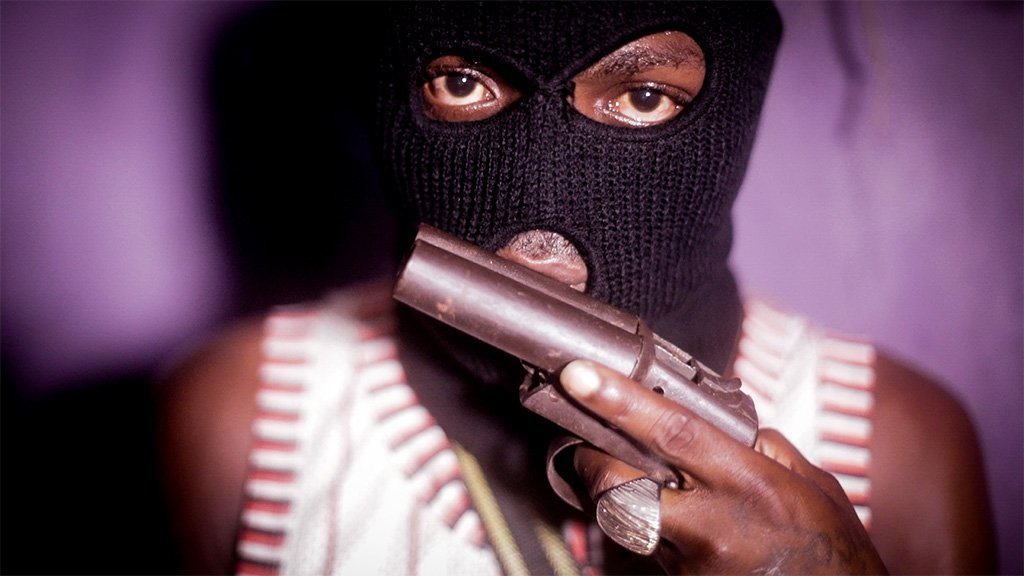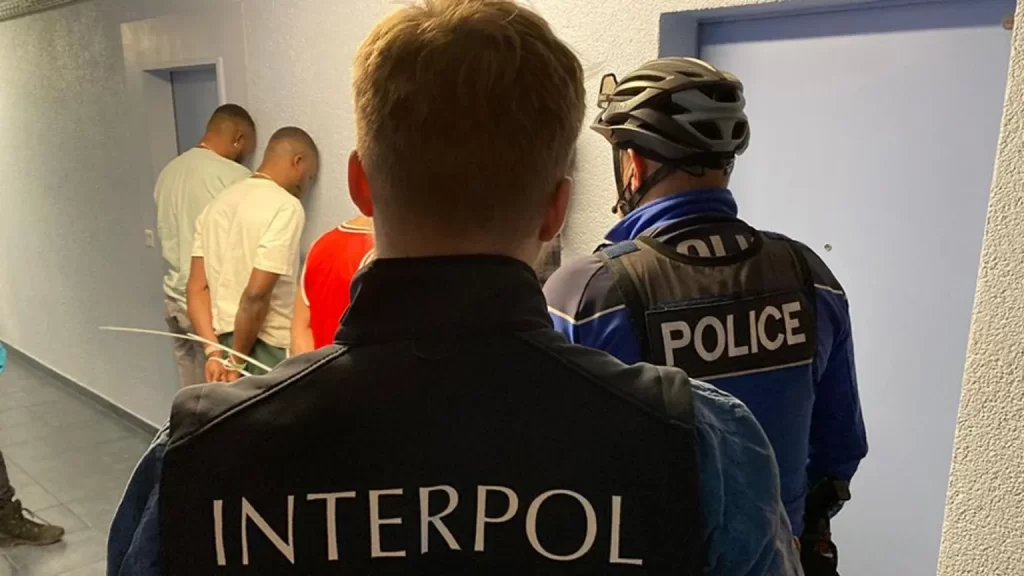In a sweeping international effort, police units from 21 countries have joined forces to target one of West Africa’s most feared criminal networks, Black Axe. Operation Jackal III, coordinated by global policing agency Interpol, led to the arrest of 300 individuals linked to Black Axe and affiliated groups between April and July 2024.

Tomonobu Kaya, a senior official at Interpol’s Financial Crime and Anti-Corruption Centre, described the operation as a “major blow” to the Nigerian crime network. However, he warned that Black Axe’s international reach and technological sophistication continue to pose a significant global threat.
“They are very organized and very structured,” Kaya told the BBC, highlighting the group’s adaptability to new technologies. “These criminal syndicates are early adopters of new technologies… A lot of fintech developments make it really easy to illegally move money around the world.”
The operation, which involved officers in body armor carrying out raids across multiple countries, resulted in the seizure of $3 million in illegal assets and the freezing of more than 700 bank accounts. This latest effort builds on previous “Jackal” operations that have been ongoing since 2022, allowing Interpol to create a vast intelligence database shared among its 196 member countries.

Black Axe, known for its secretive nature and diverse criminal activities including trafficking, prostitution, and cyber-crime, has been linked to massive financial fraud schemes. In 2017, Canadian authorities uncovered a money-laundering operation connected to Black Axe worth over $5 billion.
The group’s sophistication is partly attributed to its recruitment of university-educated members. Cyber-crime, targeting both individuals and businesses, remains the organization’s largest source of revenue.
Despite the success of Operation Jackal III, some experts argue that more needs to be done to address the root causes of these crime syndicates in West Africa. Dr. Oluwole Ojewale, West Africa Regional Coordinator from the Institute for Security Studies, emphasized the need for prevention rather than solely focusing on law enforcement operations.

“The emphasis must actually be on prevention, not on outright operations against these criminal groups,” Ojewale stated. He pointed to widespread poverty in Nigeria, Black Axe’s main recruitment ground, as a significant factor. The World Bank estimates that as many as 87 million people in Nigeria live below the poverty line, despite the country being one of Africa’s largest economies.
Corruption and alleged collusion between Black Axe and local authorities remain major obstacles in combating the group’s influence. “It is the politicians who are actually arming these boys,” Ojewale added, highlighting the complex political dimensions of the issue.
The genesis of Interpol’s Jackal Operations can be traced back to Ireland, where a series of raids by the Garda National Economic Crime Bureau (GNECB) in 2020 exposed a wider network of Black Axe operations. Detective Superintendent Michael Cryan of the GNECB noted, “The amount of money being laundered through Ireland was astronomical.”
A bbc.com story



